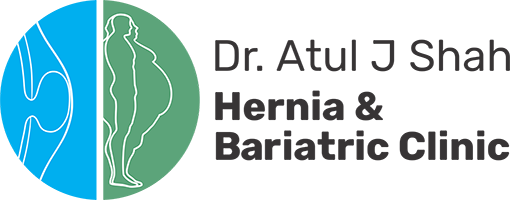A hernia occurs when an organ or tissue protrudes through a weak spot in the surrounding muscle or connective tissue. Hernias can be painful and uncomfortable, and they can often lead to more serious complications if left untreated.
There are a few different types of hernias, but the most common type is an inguinal hernia, which affects the groin area. Hernias can also occur in the abdomen, diaphragm, or belly button.
Certain foods can aggravate hernias and make them worse. It’s important to avoid these foods if you have a hernia and to eat foods that will help reduce inflammation and pain. If you have an inguinal hernia, it’s crucial to know the inguinal hernia foods to avoid in order to manage your symptoms and prevent further discomfort.
Hernia Diet: Foods to Eat and Avoid
Certain foods can make a hernia worse and cause more pain. Here is a list of foods to avoid with a hernia:
Spicy Foods:
Spicy foods can cause inflammation and pain in the abdomen. They should be avoided if you have a hernia.
Acidic Foods:
Acidic foods such as tomatoes, citrus fruits, and vinegar can also cause discomfort.
fried foods:
Fried foods are high in fat and can worsen inflammation.
Caffeine:
Caffeine is a stimulant that can exacerbate symptoms of indigestion and heartburn.
Alcohol:
Alcohol is also a trigger for heartburn and indigestion. It can also lead to dehydration, which can make a hernia WORSE.
Processed Meats:
Processed meats such as bacon, sausage, and pepperoni are high in salt and fat. Both of these things can worsen inflammation.
Refined Carbohydrates:
Refined carbs like white bread, pastries, and sugary cereals can also contribute to inflammation.
You can read more : 4 Lifestyle Habits for Managing Your Hernia Symptoms
Some examples of healthy foods that may help reduce the risk of hernias include:
Fruits and Vegetables:
Fresh produce is always a good idea, but certain fruits and veggies are especially beneficial for hernia sufferers. These include papaya, which contains an enzyme that can help reduce inflammation, and ginger, which has natural pain-relieving properties.
Whole Grains:
Foods like oats, quinoa, and brown rice contain fiber and other nutrients that can help keep the digestive system functioning properly. This can in turn help reduce the risk of developing a hernia.
Lean Protein:
Lean protein such as chicken, fish, tofu, and beans helps build muscle mass and repair tissue damage caused by a hernia. Protein is essential for repairing tissue and maintaining muscle mass, both of which are important for people with a hernia.
You can read more : How to Choose the Best Hernia Surgeon for your Surgery?
Which food is good for hernia patient?
Hernia patients benefit from a diet rich in fiber and low in acidity. Include foods like oatmeal, leafy greens, non-citrus fruits, and lean proteins to aid digestion and reduce strain. Avoid spicy, fatty, and acidic foods. Eating smaller, frequent meals can also help manage symptoms and prevent discomfort.
Conclusion
If you are suffering from a hernia, it is important to try and avoid certain foods. The list of foods to try and avoid may seem long, but if you can make some simple changes in your diet, you may be able to find relief from your hernia symptoms. If these dietary changes do not provide the relief that you need, speak with a hernia surgeon in Ahmedabad for more help.


